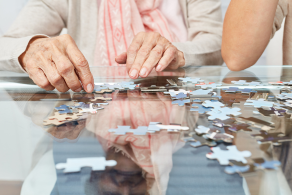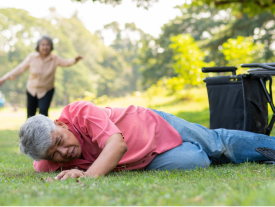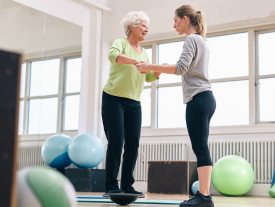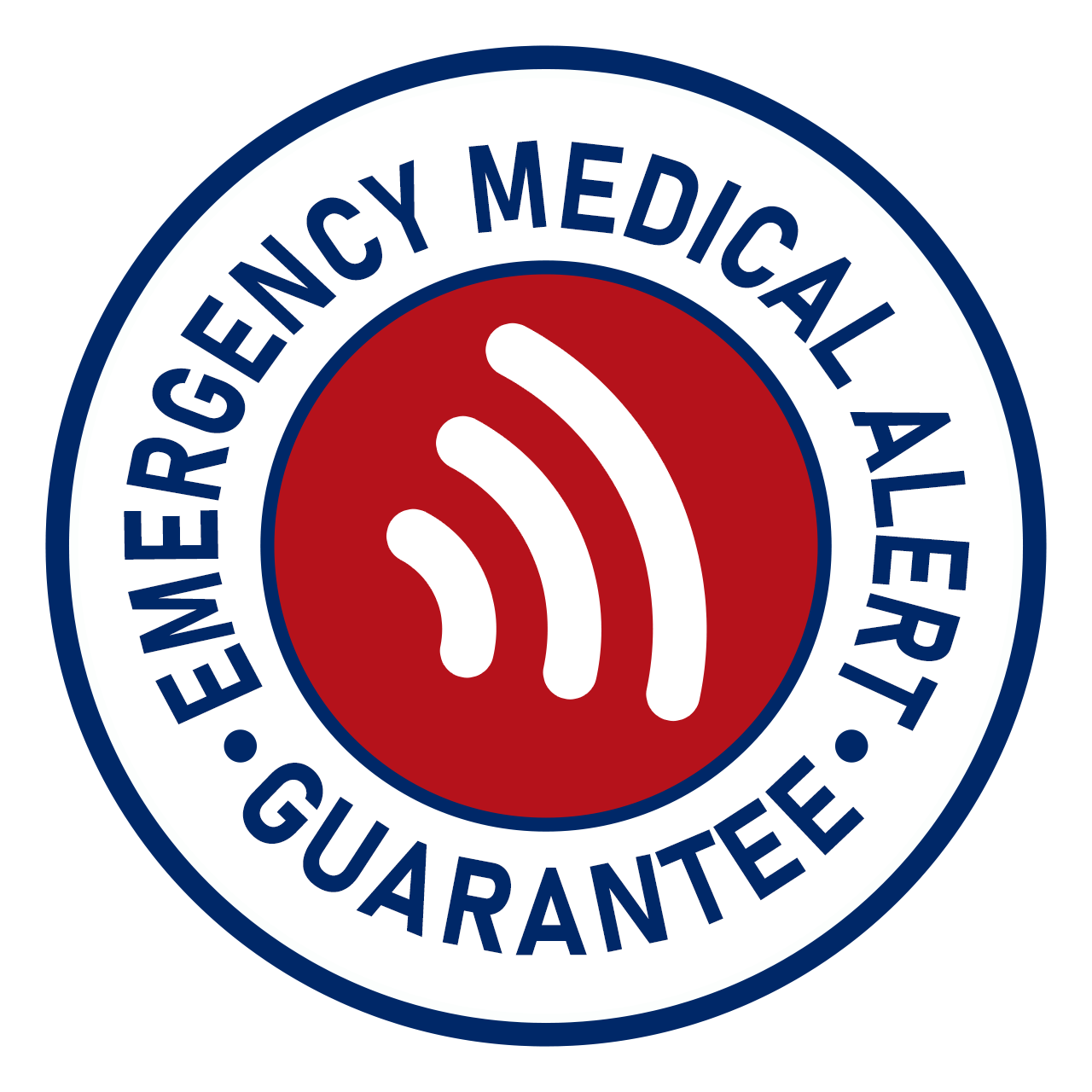Common Health Issues For Seniors And How To Manage Them
As we age, our bodies and health needs change. For seniors, staying healthy often means being proactive—understanding common age-related health conditions and taking steps to prevent complications. Whether living independently or with support, seniors benefit greatly from early detection, lifestyle adjustments, and having access to emergency assistance when needed.
1. Heart Disease
Heart disease is the leading cause of death among older adults. High blood pressure, high cholesterol, and a sedentary lifestyle can increase the risk.
What helps:
Regular checkups with your doctor
A heart-healthy diet low in sodium and saturated fats
Daily movement like walking or light exercise
Having a medical alert device in case of chest pain or shortness of breath
2. Arthritis
Arthritis causes joint pain, stiffness, and reduced mobility. It can interfere with daily tasks, especially for seniors living alone.
What helps:
Gentle physical activity to reduce stiffness
Anti-inflammatory diets rich in omega-3s
Accessible home modifications like grab bars and easy-to-turn doorknobs
3. Diabetes
Type 2 diabetes becomes more common with age. It can lead to serious complications like nerve damage, kidney issues, and vision loss if not managed properly.
What helps:
Monitoring blood sugar regularly
Eating a balanced, low-sugar diet
Keeping emergency contacts and alert systems nearby in case of low blood sugar events
4. Cognitive Decline & Dementia
Memory loss, confusion, and difficulty concentrating can impact independence. Alzheimer’s and other forms of dementia are more likely with age.
What helps:
Mental stimulation through reading, games, or puzzles
Staying socially connected
GPS-enabled medical alert systems for those who may wander
5. Falls And Mobility Issues
One in four seniors over 65 experiences a fall each year. Reduced balance and slower reaction times increase the risk of injury.
What helps:
Fall-proofing the home with handrails, lights, and non-slip surfaces
Using mobility aids like canes or walkers
Wearing a fall-detection alert device for quick emergency response
6. Respiratory Conditions
Conditions like COPD and asthma become more serious with age, especially for former smokers or those exposed to air pollution.
What helps:
Breathing exercises and medication management
Avoiding allergens and indoor air pollution
Keeping a medical alert system nearby in case of breathing emergencies
7. Osteoporosis
Weakened bones make seniors more prone to fractures, especially in the hips and spine.
What helps:
Calcium and vitamin D supplements
Strength training and balance exercises
Fall prevention and emergency support if a fracture occurs
8. Vision And Hearing Loss
Impaired hearing and vision can affect communication, increase the risk of falls, and reduce independence.
What helps:
Regular vision and hearing exams
Using aids like glasses, hearing devices, and voice-activated tech
Simple, easy-to-use alert systems that don’t rely on sight or sound alone
How Emergency Medical Alert Supports Senior Health
While you can’t prevent every health condition, being prepared makes all the difference. Emergency Medical Alert systems provide:
24/7 emergency access
Fall detection and GPS tracking
Peace of mind for seniors and families
Easy-to-use buttons for any medical or safety concern
Our devices are designed specifically for seniors—simple, effective, and ready when you need them most.
Conclusion
Aging brings challenges, but it also brings opportunities to take better care of our health. By staying informed about common senior health issues and investing in support tools like Emergency Medical Alert, seniors can continue living confidently, independently, and safely.


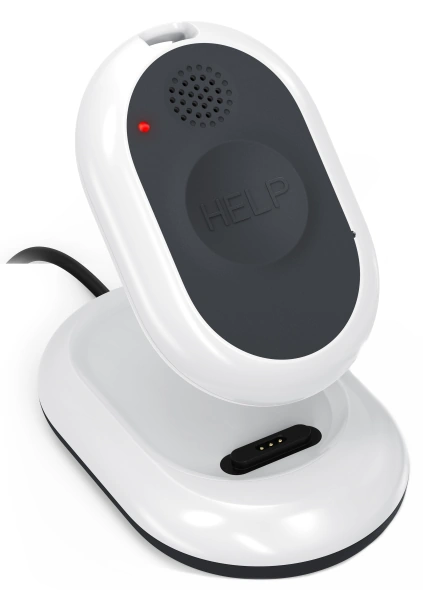
 Get Help With The Push Of A Button
Get Help With The Push Of A Button

